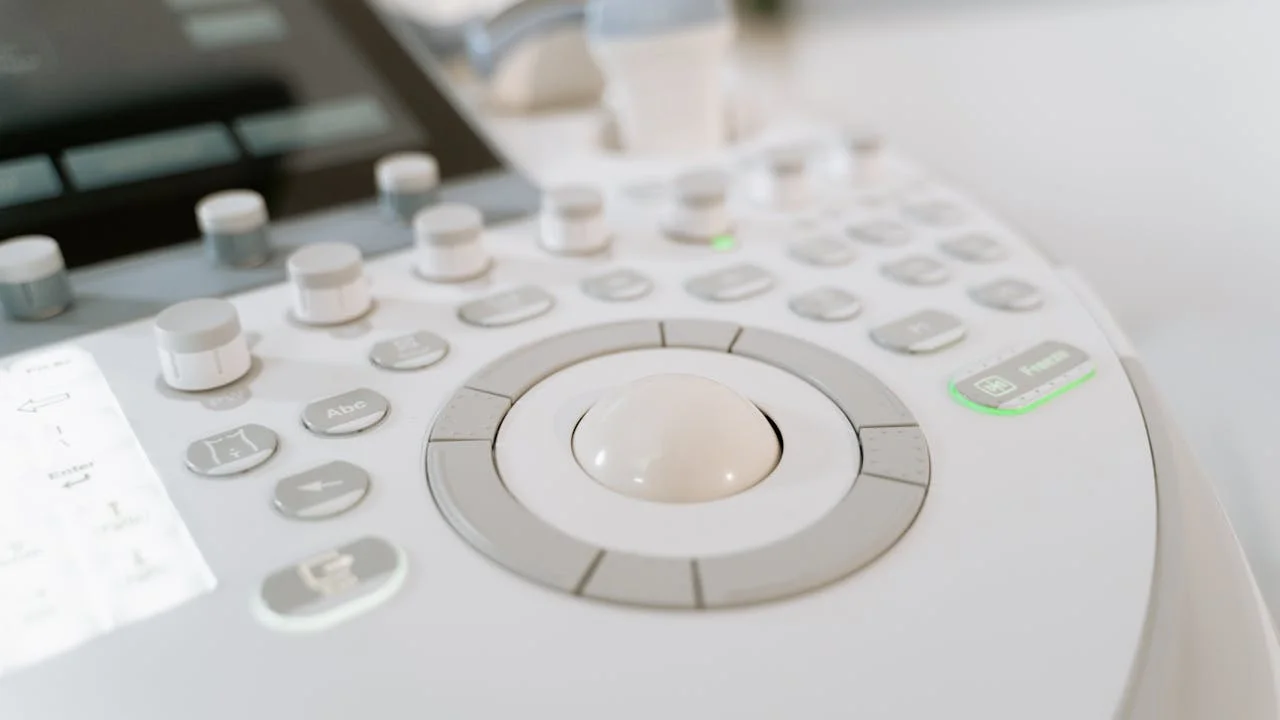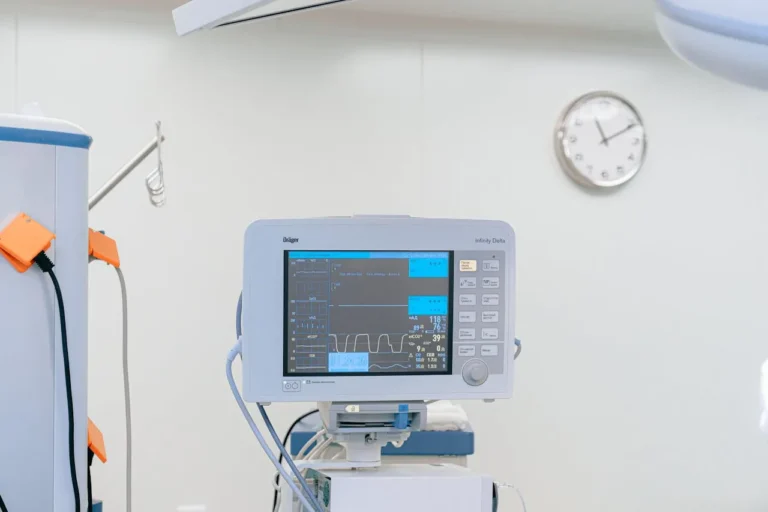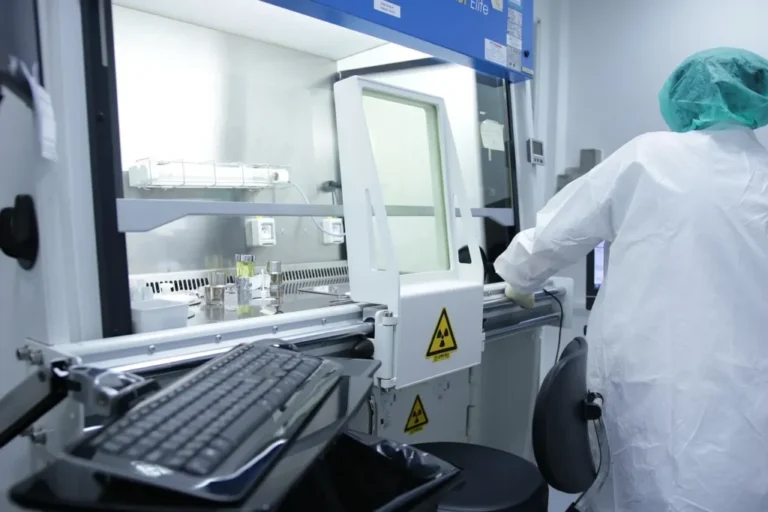
Siemens Healthineers has introduced new cardiology applications with artificial intelligence for the Acuson Sequoia ultrasound system, alongside a new 4D transesophageal (TEE) transducer for cardiology exams. These additions enhance the Acuson Sequoia, making it a comprehensive ultrasound system suitable for regional hospitals, radiology, and vascular clinics that use a shared service business model. This approach allows a single ultrasound system to handle radiology, obstetrics/gynecology, and cardiology exams, rather than requiring separate systems for each specialty.
“Siemens Healthineers is committed to pioneering ultrasound technology that transforms clinical care and improves patient outcomes,” said Daniel Frisch, global head of Radiology Ultrasound at Siemens Healthineers. “Adding these cardiology applications with artificial intelligence-powered features and our new 4D TEE transducer to the Acuson Sequoia will benefit clinicians who need the highest level of performance in nearly every clinical scenario.”
The new AI-powered cardiology features include AI Measure, which simplifies the task of manually obtaining detailed measurements during routine echocardiography exams. With up to 120 AI-powered calculations, AI Measure significantly reduces echo exam time. The 2D HeartAI feature leverages AI to enhance exam efficiency and workflow during cardiac strain imaging by delivering auto view detection and auto contour placement, with or without an electrocardiogram. Additionally, 2D HeartAI, with or without contrast, streamlines the diagnostic process for ejection fraction evaluation and cardiac strain analysis, minimizing the need for unnecessary follow-up exams.
New software also enables clinicians to generate a wall motion scoring report for stress echo exams, which assess cardiac function at various stress levels, reducing the need for additional follow-ups and aiding in presurgical cardiac evaluations.
The new Z6T 4D TEE transducer supports biplane imaging, allowing clinicians to view multiple scan planes simultaneously for quicker and potentially more accurate diagnoses. This transducer facilitates preoperative assessments and provides interventional guidance for advanced cardiac procedures, requiring high volume rates to assess moving structures and high resolution to evaluate cardiac anatomy. Additionally, the redesigned 5V1 transthoracic transducer (TTE) addresses the challenges of imaging patients with a high body mass index, supporting comprehensive echocardiograms and enabling the detection and diagnosis of cardiac dysfunction or abnormal pathology.




